How are you doing? And how are you feeling about how you are doing? Are you not just adjusting to a “new normal” but thriving? We sure hope you are.
We are now halfway through 2021 and the changes we saw happening in our work environment back in 2020 are still evolving: we are at a critical juncture in our organizations.
A global pandemic has shifted much of our teamwork online, but this change has only compounded the challenges already facing organizations that rely on constant innovation. In order to survive in a rapidly changing environment, agility is table stakes.
A comprehensive cultural shift is needed for organizations to create sustainable change. The key to keeping up in a rapidly changing work environment and global marketplace is to scale leadership – and scale in new ways!
Growing Leadership Competency is a Game Changer
Growing leadership competency is a cornerstone of creating organizational change
Increased performance outcomes are the direct result of the fact that the competencies of individual coaching, team coaching, mentoring, training, and facilitation help leaders build their range of leadership.
At TeamCatapult, we call this “leadership range.” It refers to the ability of individuals to lead from the front and set a clear direction. It also refers to their ability to lead from behind, empowering others to make the move and understanding how to support ideas and create space for all voices to be heard.
Competency Development — How It Actually Works
Competency development means recognizing that becoming an agile team coach requires people to examine and challenge their existing beliefs so that they can experience new, more productive ones.
What we have found and implemented through the Coaching Agility from Within™ program is that there are specific competencies essential to effective leadership.
Collectively, these competencies signal that a collective leadership culture begins with how individual leaders show up. It’s about how they engage with and impact their teams, and it’s about the self-awareness that it takes to know our impact and make choices that align with our intentions.
Awareness Precedes Choice, Precedes Change — The Road to Leadership
Anyone can call themselves an agile coach. What sets a truly agile leader apart, however, is someone who has a demonstrated proficiency in agile team coaching. After all, adaptive challenges do not come with roadmaps, they require new ways of engaging and leading through the process of dialogue.
At TeamCatapult, we have adopted and refined The Agile Team Coaching Competency Model, originally created by Lyssa Adkins and Michael Spayd. This competency model is aligned with the ICAgile Agile Coaching Competencies and serves as a metric and guide for the learning journey that we provide as part of our longtime alignment with the mission of ICAgile.
Leadership Competency Development is a Winding Road Best Navigated in a Cohort.
In every learning process, the journey from “getting started” to “proficiency” is neither quick nor straightforward. As our case study highlights, we have found that a program designed for an 8 to 12-month period is most successful.
How to Increase Leadership Effectiveness and Team Performance
TeamCatupult’s Coaching Agility from Within™ program is a cohort-based leadership development initiative. Its design encompasses two models. The first is an 8-month program that brings leaders together from different organizations to deepen and expand their ability to lead effective teams.
This program is designed to guide agile coaches along the pathway to proficiency in each leadership competency, providing key solutions for teams needing sustainable, systemic change.
It offers insight into best practices for how to move leadership forward by:
- Growing your own, internal leadership
- Growing leadership at all levels
- Developing a team coaching capability
- Turning theory into action
Force Multipliers – a Case Study
We have seen the results of this program create significant, longterm change for participants and their teams. It supports their awareness of how they, as leaders, can best support a team’s ability to perform more effectively.
To read the “Cohort Learning Within an Organization to Boost Performance from Product Development to Delivery” case study, click here.
Achieving Competency in Agile Team Coaching
If you are searching for a way to achieve Agile team Coaching competency, if you are ready to become a leader among leaders, if you are craving significant change….
…look no further!
We invite you to “team up” with us!
Congrats, your first step (awareness) towards competency has been completed.
Next step? Let’s have a conversation!
We are looking forward to hearing from you!



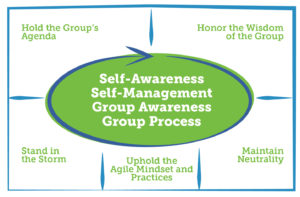
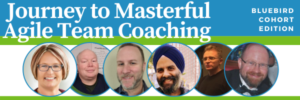
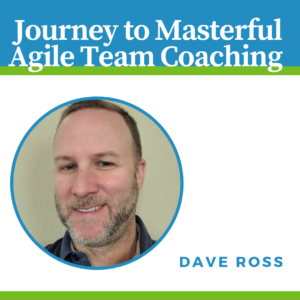
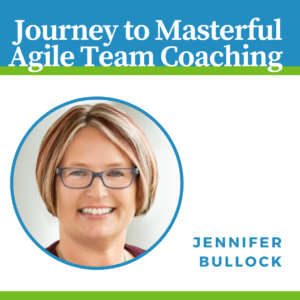
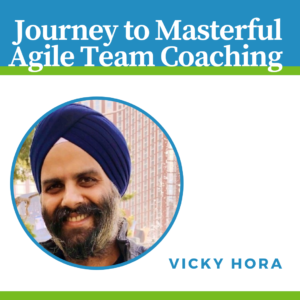 Vicky
Vicky